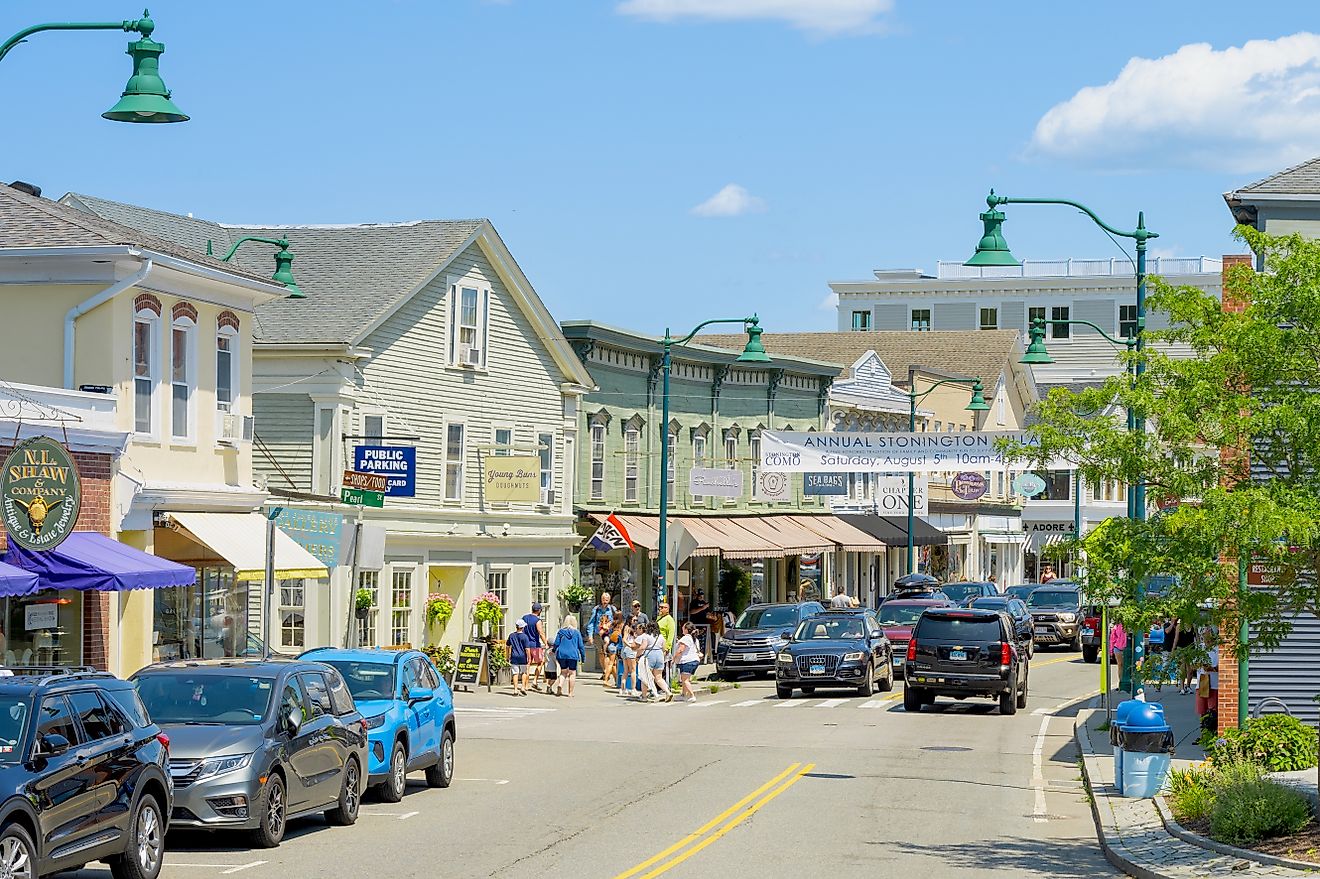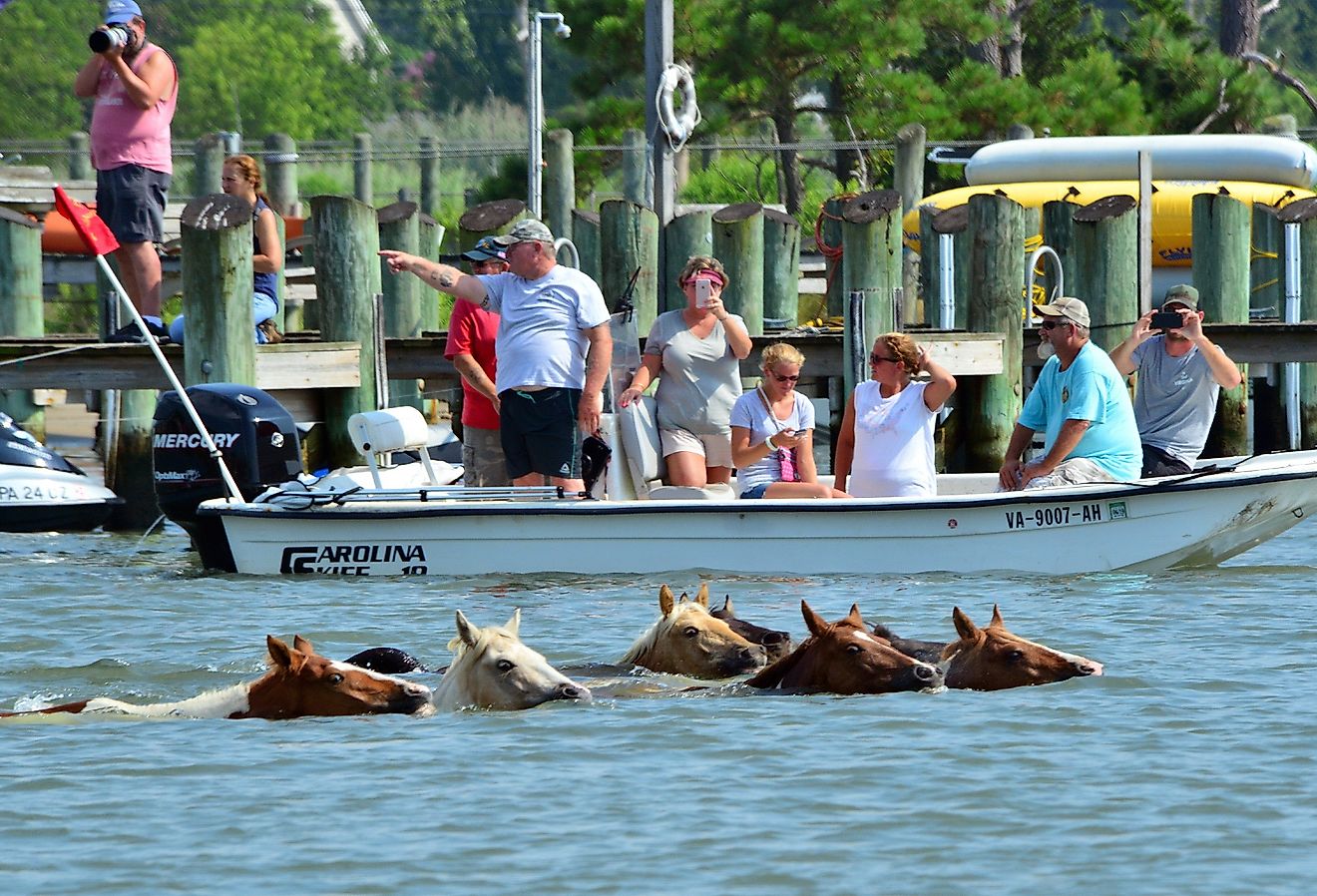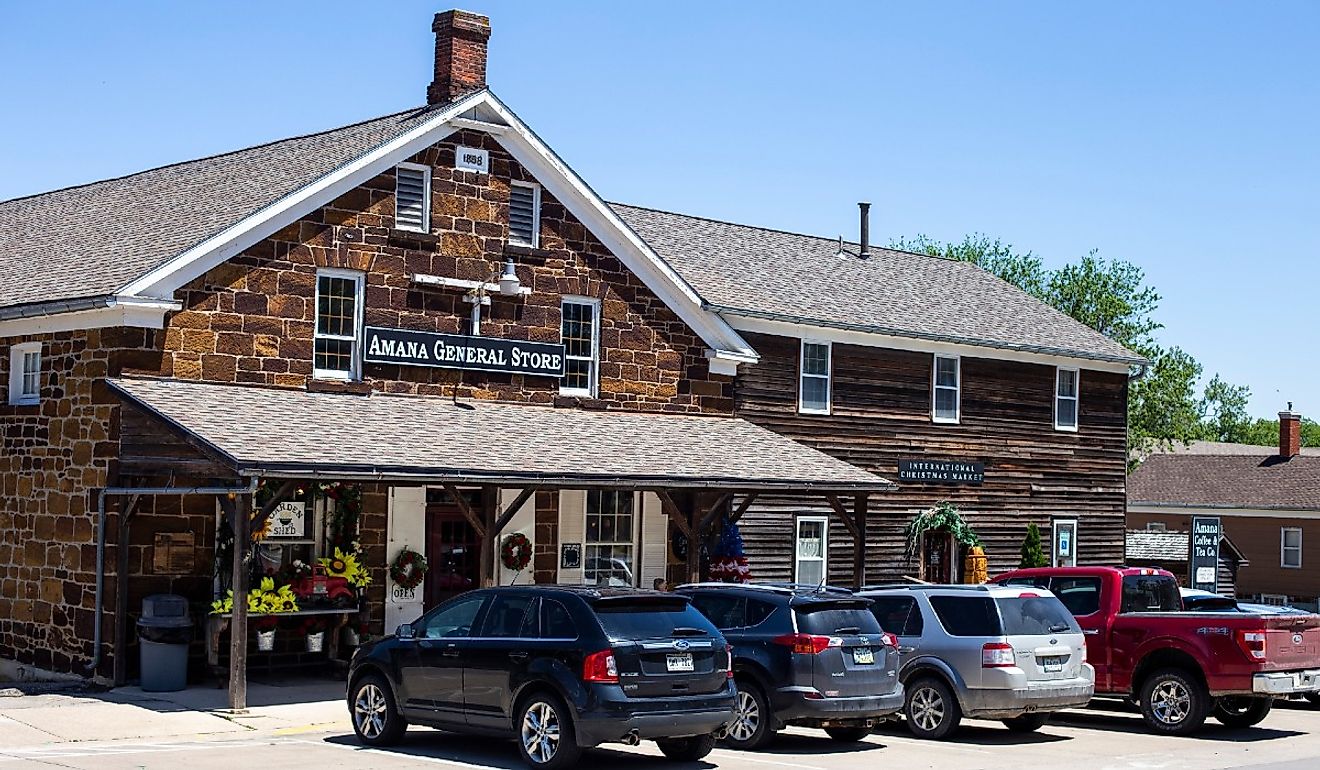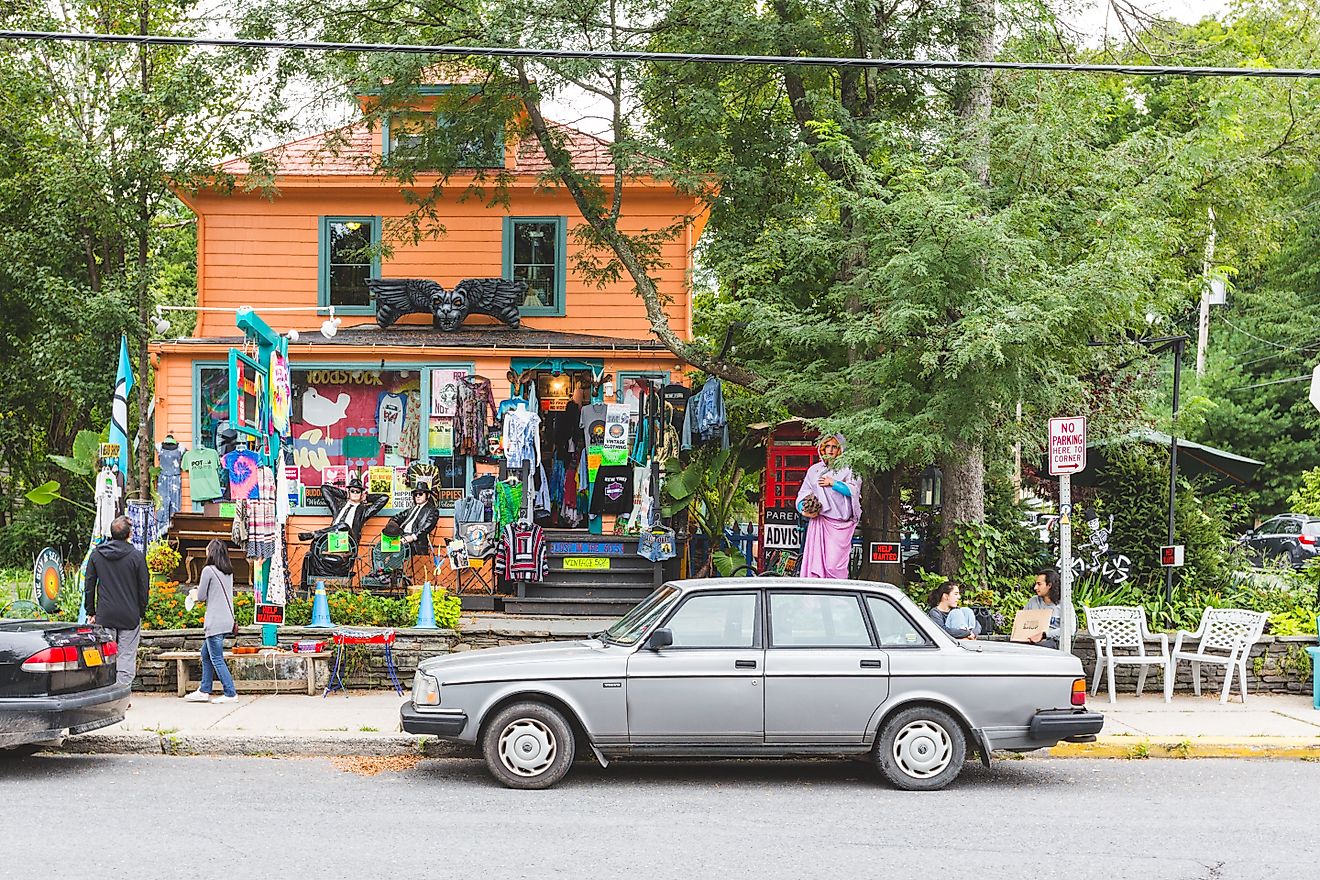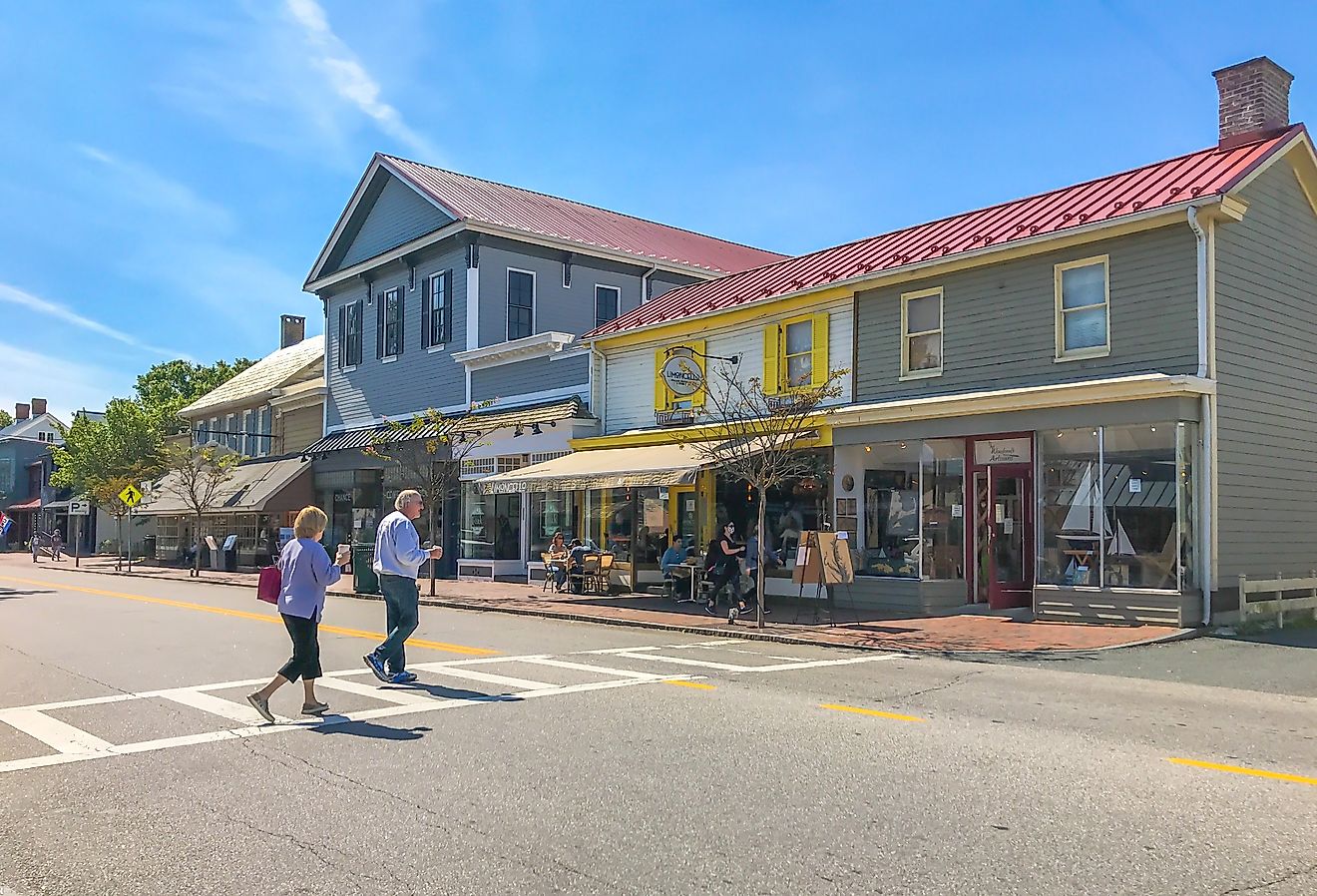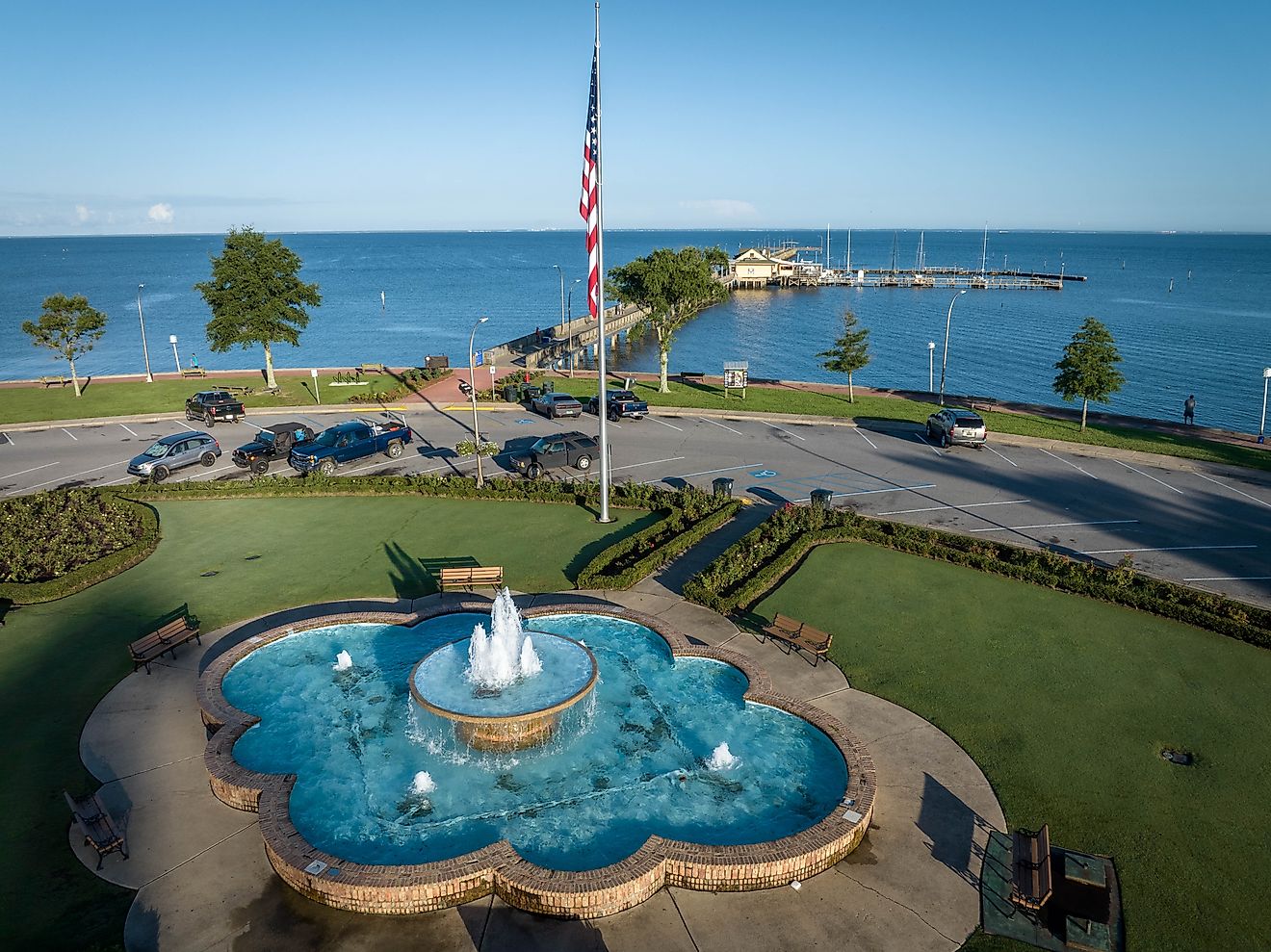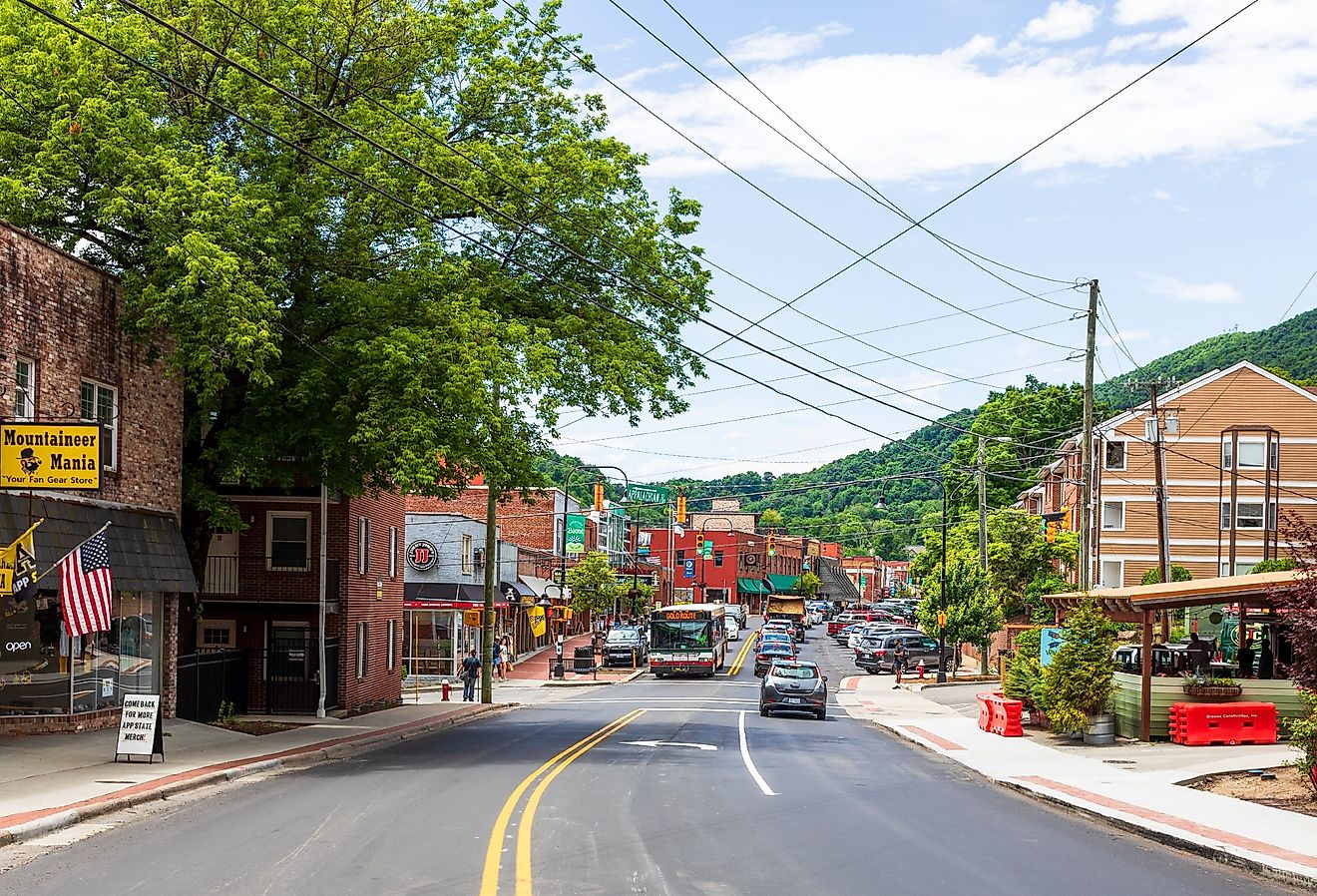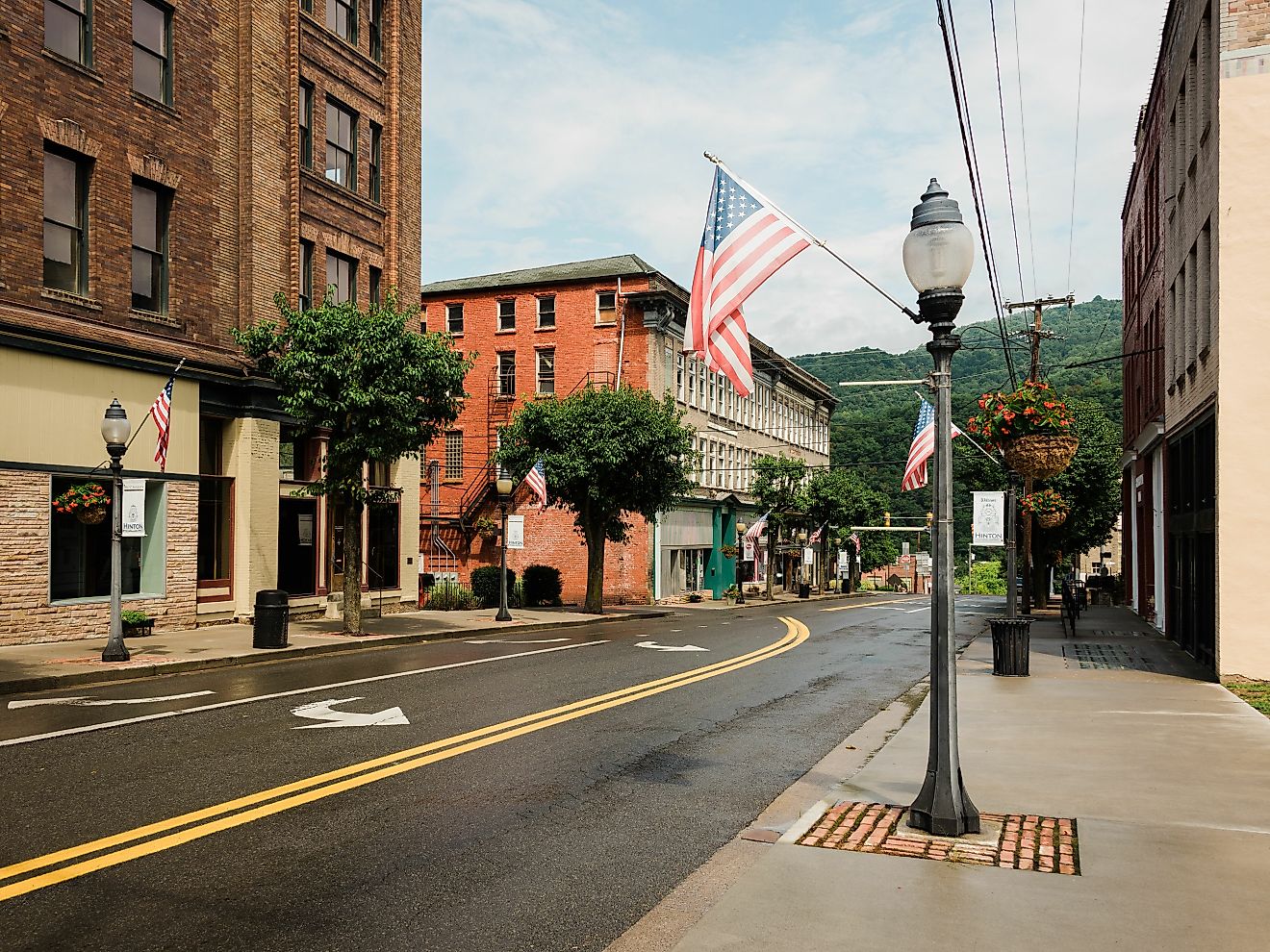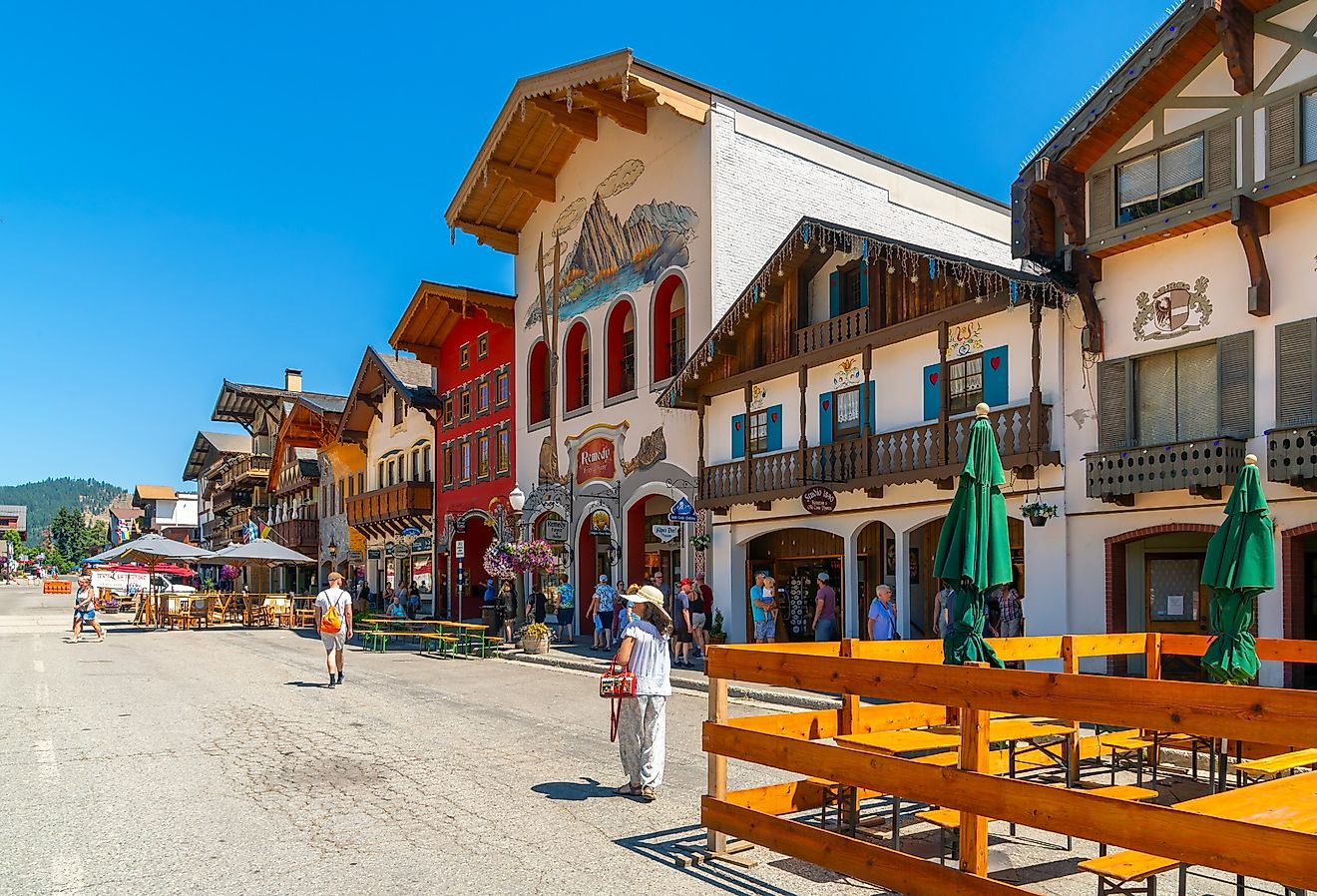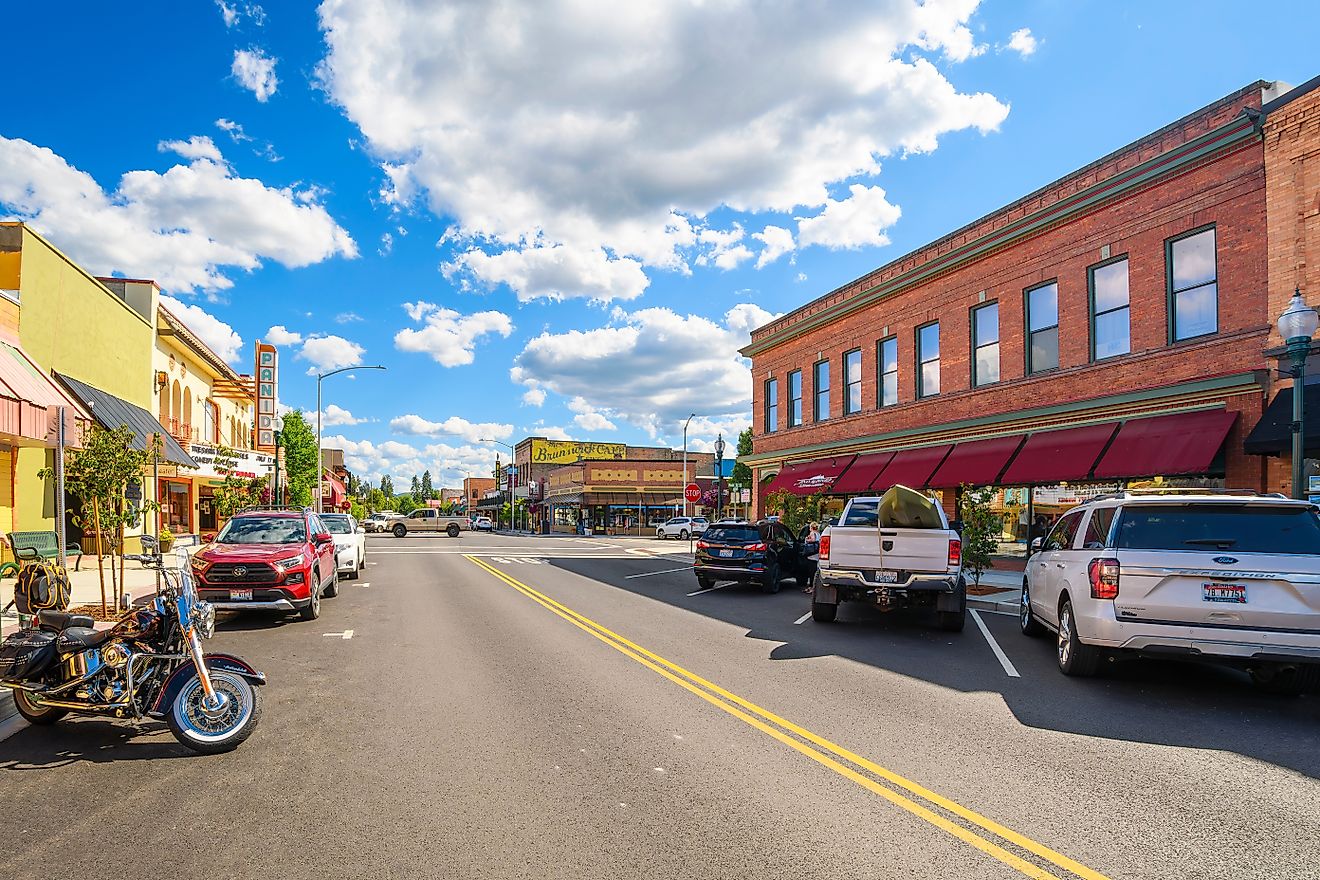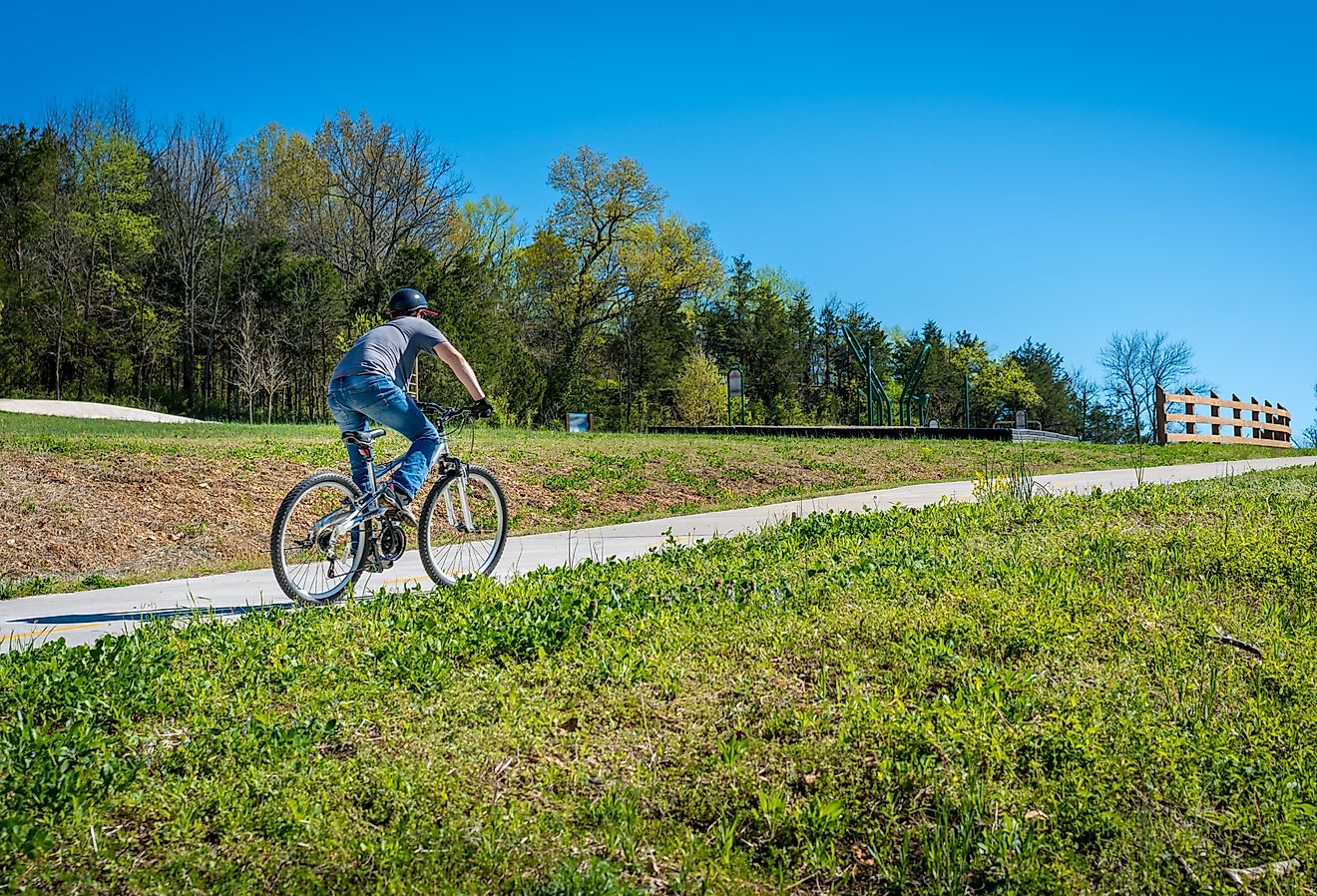
Carlsbad, New Mexico
Named after the Czech spa city of Karlsbad, Carlsbad is the county seat of Eddy County, situated in the southeastern portion of the US State of New Mexico. Carlsbad sits on the eastern edge of the Guadalupe Mountains and the banks of the Pecos River. According to 2020 census numbers, the city had a population of just over 32,000 and is a continuously growing hub for petroleum production, potash mining, and tourism.
Geography And Climate Of Carlsbad

At an elevation of 1,004m, Carlsbad is situated in the northern reaches of the Chihuahuan Desert, in the Pecos River Valley. Near the center of Eddy County, the city has a total area of approximately 75.6 sq. km and is a four-hour drive south of the state capital of Santa Fe.
Classified as a hot and semi-arid climate, Carlsbad receives a moderate amount of rainfall each year, with maximum precipitation in the month of August. Winters are considered dry, mild, and snowy, with evening temperatures falling below freezing. The cold season lasts from around November to February, with average highs of 18°C, with December being the coldest with highs of 15°C. Summers are very hot and dry and last on average from May to September; temperatures in the summer can reach highs of 32°C, with the month of July typically the hottest with highs of 35°C. Despite the hotter summer temperatures, it is primarily cloudy year-round in Carlsbad. The wet season in the city is considered to be from May to October, with a greater than 15% chance of rainfall on any given day. August is the wettest month of the year, with an average of 8 days out of 31 with a minimum of 1 mm of precipitation. Conversely, January is the driest month, with only two days with at least 1 mm of rainfall. Torrential downpours and flooding can occur and lower some of peak summer's scorching heat. According to local guides and weather forecasters, the best time to visit Carlsbad is from May to July or mid-August to October.
Brief History Of Carlsbad

Located along the shores of the Pecos River, the town of Carlsbad was initially founded under the name Eddy in 1888. The town was named after Charles Eddy, the co-owner of a local livestock company. The discovery and development of mineral springs led the town's administration to change the name to Carlsbad. In an attempt to fuel tourist activity and appeal to a sense of nostalgia of the many European immigrants in New Mexico, the moniker Carlsbad was chosen after the famous Bohemian spa city of the same name in the modern-day Czech Republic. Although New Mexico would not officially become an American State until 1912, it experienced steady growth thanks to the development of towns like Carlsbad. In March 1918, Carlsbad surpassed 2,000 inhabitants and was proclaimed a city.
The development of irrigation water was crucial for Carlsbad's growth as a settlement, and many construction projects were commenced creating a flurry of economic activity. Among these were the Avalon Dam and the aqueduct of the Pecos River Flume, both completed in the late 1880s. In addition to the growing popularity of the mineral hot springs in the area, the discovery of the now famed Carlsbad Caverns in 1901, some 29 km from the city center; an important geological site for scientists and tourists alike, the Caverns and the National Park established in 1930 helped further gain Carlsbad substantial recognition. Potash was discovered in the Carlsbad area in 1925. The city dominated the American potash market for decades; the production of oil and natural gas since the 1960s has also led to an unprecedented boom period for the city, and employment and migration have consistently grown.
Tourist Attractions In Carlsbad
Besides its potash, oil, and natural gas economic drivers and, of course, its mineral spring baths, Carlsbad is home to several notable tourist hot spots.
National Parks

Located 32 km southwest of the city, the Carlsbad Caverns National Park is undoubtedly the most popular tourist attraction. A subterranean marvel, its cave formations were created over millennia, and it is unofficially called “the Eighth Wonder of the World.” Tourists can explore caves as old as 250 million years old and watch in awe as millions of local bat species take a flight to feed. From there, visitors will be sure to find even more natural wonders at the Guadalupe Mountains National Park, another 50 km away, with the Lincoln National Forest immediately northwest of the Carlsbad city center. These natural parks filled with many hiking trails, beautiful mountain vistas, and unique New Mexico flora and fauna will leave unforgettable impressions on all who visit them.
The Living Desert Zoo And Gardens State Park

The Living Desert Zoo and Gardens State Park are must-stops for animal lovers. The zoo, established in 1967, is home to various wildlife that includes bison, bobcats, elk, cougars, foxes, and birds such as owls, hawks, roadrunners, and golden eagles. Adjacent to it is the Garden State Park botanical garden which contains 2 km of trails winding through sand dunes, pine forest, and many varieties of cacti.
The Carlsbad Museum And Art Center
And once done enjoying all the natural wonders of the area, or if you are just trying to escape some summer desert heat, the Carlsbad Museum and Art Center is a welcome place. Featuring displays that focus on the history of the city and region's growth, from ancient times to the present day, the Museum is a fascinating place to visit. With an extensive collection of Native American ceramics, arts, textiles, and other artifacts, tourists will be intrigued by the range of history displayed in the galleries. Visitors can find exhibits dedicated to contemporary modern Southwestern art, typical of New Mexico and Tejano culture.
Carlsbad is a charming city with an abundance of natural wonders and fascinating history; whether it is to visit a mineral spring, stand in awe at the cave formations, hike through the mountains, or simply enjoy the desert sun, a vacation to this New Mexico city is undoubtedly one that will create lasting memories.

